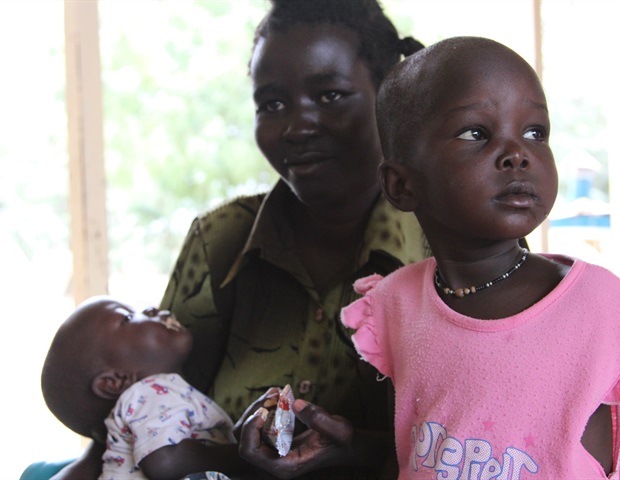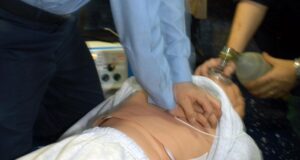
Vitamin D, an essential nutrient, is naturally produced through sun exposure and certain foods. However, excessive sunburn prevention measures are causing a severe problem of vitamin D deficiency, particularly among young women in Japan.
Since vitamin D deficiency is also related to pregnancy-induced hypertension and low birth weight in children, it is important to quickly identify those at high risk and provide appropriate health guidance. However, the method currently established for measuring serum vitamin D levels is expensive and invasive; therefore, there is a need for the development of simpler risk assessment tools.
Thus, a research group led by Professor Akiko Kuwabara at Osaka Metropolitan University’s Graduate School of Human Life and Ecology conducted a cross-sectional survey of 583 Japanese women aged 18 to 40 who were affiliated with a university specializing in nutrition. The survey items were age, residential area, time of blood collection, current medical history, medication status, smoking status, drinking status, frequency of exercise, sun exposure habits and conditions, frequency of fish intake, and vitamin D supplement use.
The dietary survey was conducted using the self-administered dietary history questionnaire (DHQ), and the average and cumulative ultraviolet irradiation dose for the 30 days prior to blood collection in each region was calculated. As a result, the team was able to develop a non-invasive, low-cost tool for assessing the risk of vitamin D deficiency in young women called ViDDPreS (Vitamin D Deficiency Predicting Scoring).
The ViDDPreS developed in this study can identify populations in need of intervention at a low cost and estimate the factors of vitamin D deficiency. In addition, the use of vitamin D supplements is likely to have a beneficial effect in people deficient in this essential nutrient, so it is hoped that the use of ViDDPreS will lead to the appropriate use of supplements.”
Professor Akiko Kuwabara, Osaka Metropolitan University’s Graduate School of Human Life and Ecology
The findings were published in Public Health Nutrition.
Source:
Journal reference:
Kuwabara, A., et al. (2024) Development of a predictive scoring system for vitamin D deficiency ‘Vitamin D Deficiency Predicting Scoring (ViDDPreS)’ based on the vitamin D status in young Japanese women: a nationwide cross-sectional study. Public Health Nutrition. doi.org/10.1017/S1368980024001708




